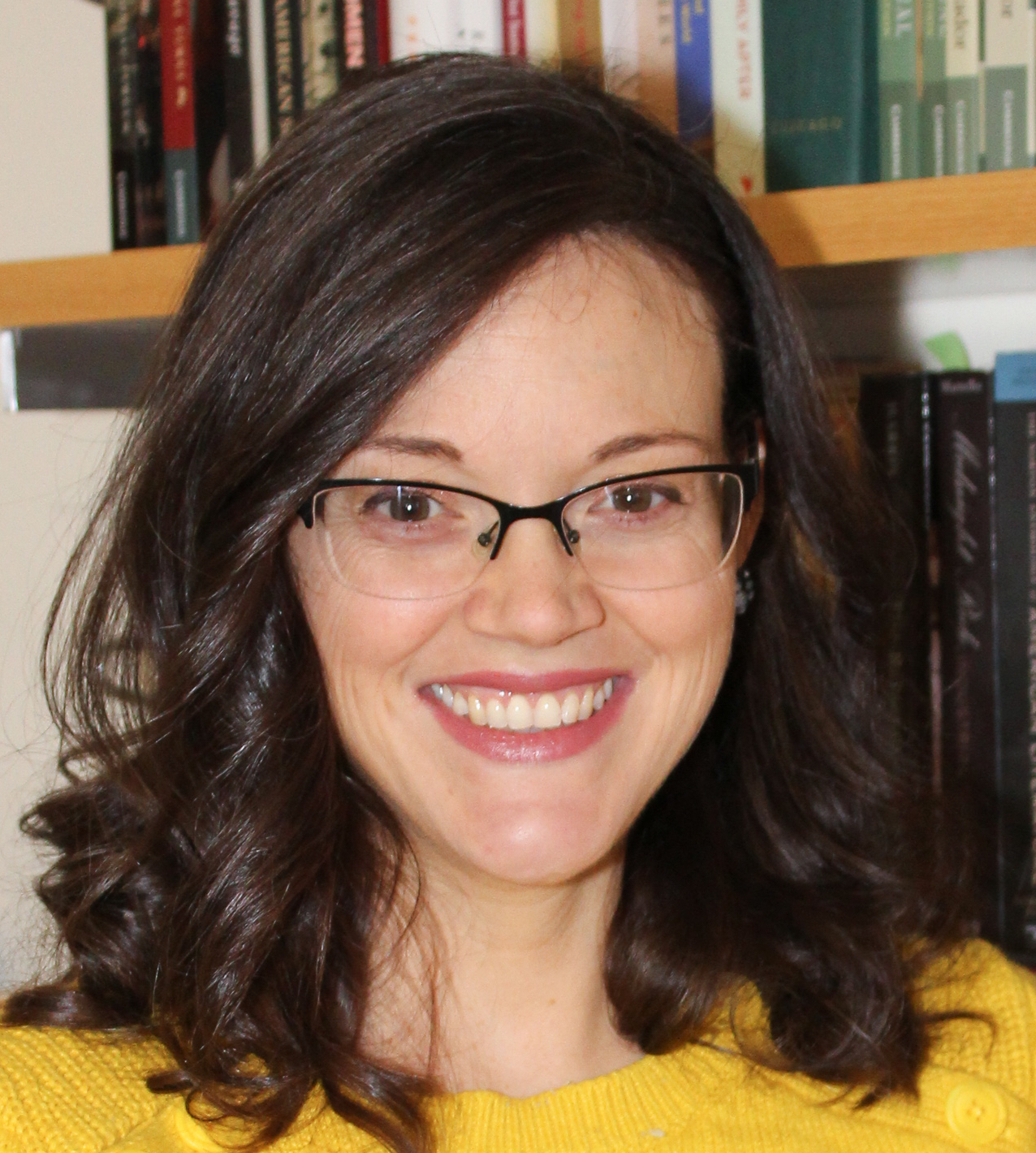Allison (she/her/hers/ella) studies colonial science and technology, especially vernacular sciences like agriculture and mining. Her work applies literary methods to texts that bridge the gap between history and literature – scientific treatises, memoriales de arbitristas, legal papers, woodcuts, copperplate engravings, manuscript illustrations – to unearth the contributions of understudied groups, like women, Indigenous, and Afro-descendant artisans.
Her first book, Mining Language: Racial Thinking, Indigenous Knowledge, and Colonial Metallurgy in the Early Modern Iberian World (UNC Press/OIEAHC 2020), examines how Amerindian, African diasporic, South Asian, and Iberian miners responded to the same metallic materials -- gold, iron, copper, and silver -- in ways that reveal epistemological, ideological, and technological overlaps and divergences. Her current project, Women of Corn, Men of Corn: The Meanings of Maize Agriculture in the Early Americas, studies the relationship between gender and agricultural techniques and technologies in pre-1492 and colonial-era societies in Mesoamerica and the Chesapeake, one region where men farmed and one region where women took charge of planting.
At UVA, she teaches undergraduate and graduate courses on colonial Latin America, Indigenous literatures, and the radical writings of Mexican nun Sor Juana Inés de la Cruz. With professors Sonia Alconini (Anthropology) and Douglas Fordham (Art History), she coordinates the Interdisciplinary Doctoral Fellowship in Indigenous Studies (https://graduate.as.virginia.edu/indigenous-studies), one of the many curricular and advocacy initiatives organized by Native American and Indigenous Studies@UVA.
Selected publications:
Mining Language: Racial Thinking, Indigenous Knowledge, and Colonial Metallurgy in the Early Modern Iberian World (Omohundro Institute of Early American History and Culture for the University of North Carolina Press, 2020). 376 pp. Available from UNC and BIPOC-owned bookstores nationwide.
“Transatlantic Quechuañol: Reading Race Through Colonial Translations.” PMLA 134.2 (2019): 242-259. Available: https://www.mlajournals.org/toc/pmla/134/2.
“Colonial Industry and the Gendered Language of Empire: Silkworks in the Virginia Colony, 1607-1655.” European Empires in the American South, ed. Joseph P. Ward; aft. Kathleen DuVal (Oxford, M.S.: University of Mississippi Press, 2017), 8-36. (googlebooks link)
“Feminism in the New Millennium: Reflections from a Colonial Classroom.” Feminist Forum with ed. Whitney Leeson, Sixteenth Century Journal 48.4 (2017): 896-900. Essays by Kathryn Brammall and Whitney Leeson, Merry Wiesner-Hanks, Allyson M. Poska, Sheila ffolliott, Allison Bigelow, Bronagh Ann McShane, and Karen Nelson.
“La dote natural: género y el lenguaje de la vida cotidiana en la minería andina.” Anuario de estudios bolivianos 22, vol. II (2016): 145-168. ISSN: 1819-7981.
“Women, Men, and the Legal Languages of Mining in the Colonial Andes.” Ethnohistory 63.2 (2016): 351-380. doi 10.1215/00141801-3455347.
“Gendered Language and the Science of Colonial Silk.” Early American Literature 49.2 (Summer 2014): 271-325. doi: 10.1353/eal.2014.0024
433 New Cabell Hill

PhD, English & Comparative Literature (UNC 2012)
MA, English & Comparative Literature (UNC 2007)
BA, Spanish Language and Literature (UMD 2003)
BA, English Language and Literature (UMD 2003)
